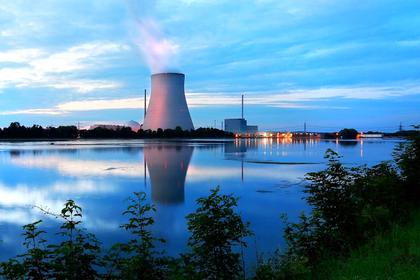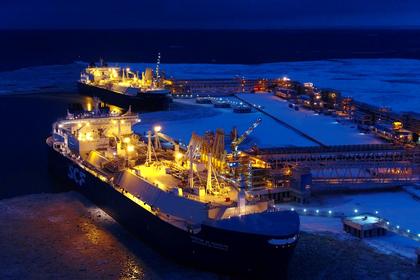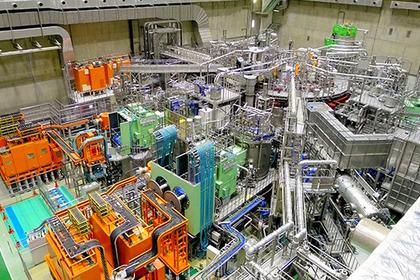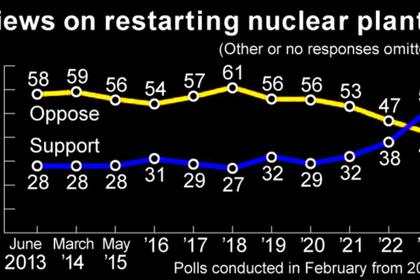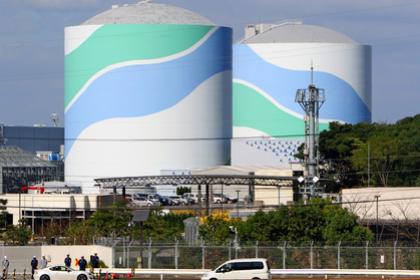
JAPAN NEED LNG
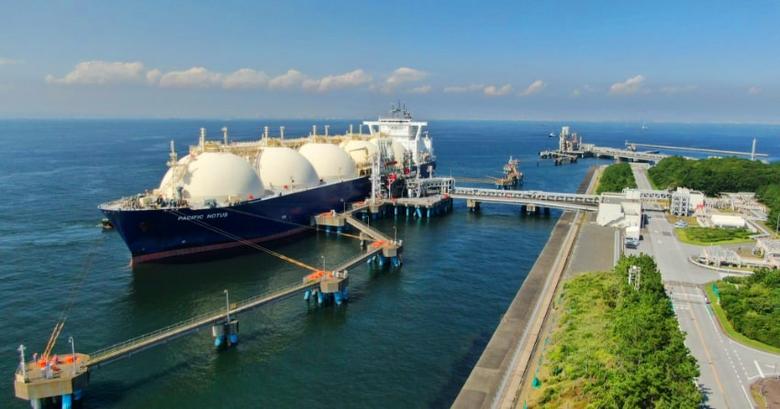
PLATTS - 27 Nov 2023 - With Japan set to launch its "Strategic Buffer LNG" framework in the next few days, under which at least one cargo a month will be held to cover supply contingencies over the next three months, the government is already looking at expanding holding volumes fourfold to a minimum of 840,000 mt a year by the mid-2020s, a senior government official told S&P Global Commodity Insights.
Starting in December, Japan will begin operating "Strategic Buffer LNG," or SBL, cargoes in order to be prepared for any supply issues, starting with a minimum of one LNG cargo a month during the country's peak winter demand months over December 2023-February 2024, with JERA having been approved Nov. 24 as the first supplier.
The move is part of Japan's efforts to enhance its LNG security after a series of supply issues in recent years, culminating in the global energy crisis sparked by Russia's invasion of Ukraine last year.
As part of its immediate response to the energy crisis, Japan has opted to introduce buffer LNG as a type of distribution stocks using a commercial flow, for the minimum 210,000 mt over the three months.
"Although this time only covers the winter months of December, January and February, we are looking to secure one cargo every month by the mid-2020s as the mid-to-long term [target]," Yuya Hasegawa, director of the energy resource development division at the Ministry of Economy, Trade and Industry, said in an interview.
"The reason is that [LNG] demand boosts not just in winter but also in summer so that we want to be better prepared," said Hasegawa, adding that the country's mid-2020s target volume equates to about 840,000 mt a year, based on one standard 70,000 mt LNG cargo a month.
Asked about how release of the SBL LNG would be triggered, Hasegawa said: "We will consider the degree of impact from supply disruptions, for example from looking at inventory shortages, or procurement schedules."
"This is about buying time from using one cargo of about 70,000 mt and creating some time and leeway to allow actual procurements."
From December, METI expects JERA to hold the minimum one LNG cargo for SBL until the ministry tells the company it can release it for the month, Hasegawa said.
The ministry expects to be able to give JERA advanced notice of about two to three weeks for whether the cargo can be released, he said, adding that the company could then chose to sell or use the cargo for its own consumption.
If the company makes a loss from selling the LNG cargo, it would be compensated from a government fund, while the company would be asked to return any profit generated, Hasegawa added.
The SBL framework is the first of its kind for Japan, which to date has only had commercial stocks for LNG, unlike crude oil and refined product reserves which are held by both the government and the private sector, as well as national LPG reserves.
Qatar LNG
Asked about the prospects of Japanese participation in Qatar's North Field expansion project, as well as securing additional LNG from the Middle East producer, Hasegawa said that Tokyo views Qatari LNG as "critically important" and will provide any necessary support for companies considering participation in the project and LNG procurements.
"Japan owes Qatar a debt of gratitude for supplying emergency [LNG] cargoes in the wake of the [2011 Great East Japan] earthquake," Hasegawa said. "In addition to such a debt of gratitude, we appreciate their supply stability."
Japanese companies, however, in 2021 allowed a total of more than 7 million mt/year of Qatargas 1 LNG offtakes to expire amid disagreements over contractual flexibility as well as uncertainty over Japan's future LNG demand due to its 2050 net zero target.
Japan's imports of Qatari LNG plummeted 67.9% on the year to 2.88 million mt in 2022, with Qatari LNG accounting for just 4% of imports in the year, compared with 12.1% in the previous year, according to Ministry of Finance data.
However, noting Qatar's significant weight in the global LNG market, Hasegawa said that "a certain volume of Qatari cargoes is indispensable" for Japan's supply diversification.
The prospects of Japanese participation emerged following a visit by Qatar's Minister of State for Energy Affairs Saad al-Kaabi in late September as the Middle Eastern exporter aims to lock in all long-term LNG contracts from the two phases of the North Field expansion by the end of 2023.
Speaking to S&P Global in Tokyo on Sept. 25, Kaabi said LNG sales from the North Field expansion were "going very well," and that there was "a possibility" of selling all of the LNG from the massive project by the end of the year.
QatarEnergy on Oct. 3 broke ground on the massive North Field expansion project, which is designed to raise Qatar's LNG production capacity from the current 77 million mt/year to 126 million mt/year by 2026.
Hasegawa said Qatar's LNG supply could fit as companies' base stable supply source given its supply reliability and stability, although he said he understands the companies' need for supply flexibility.
"This is about working out differences over business models between the Qatar side and Japanese companies," Hasegawa said. "All things considered, it is not unworkable to come to terms."
"The relationship with Qatar is literally like 'a friend in need is a friend indeed', and we cannot neglect the relationship, and I cannot stress its importance enough."
-----
Earlier:
